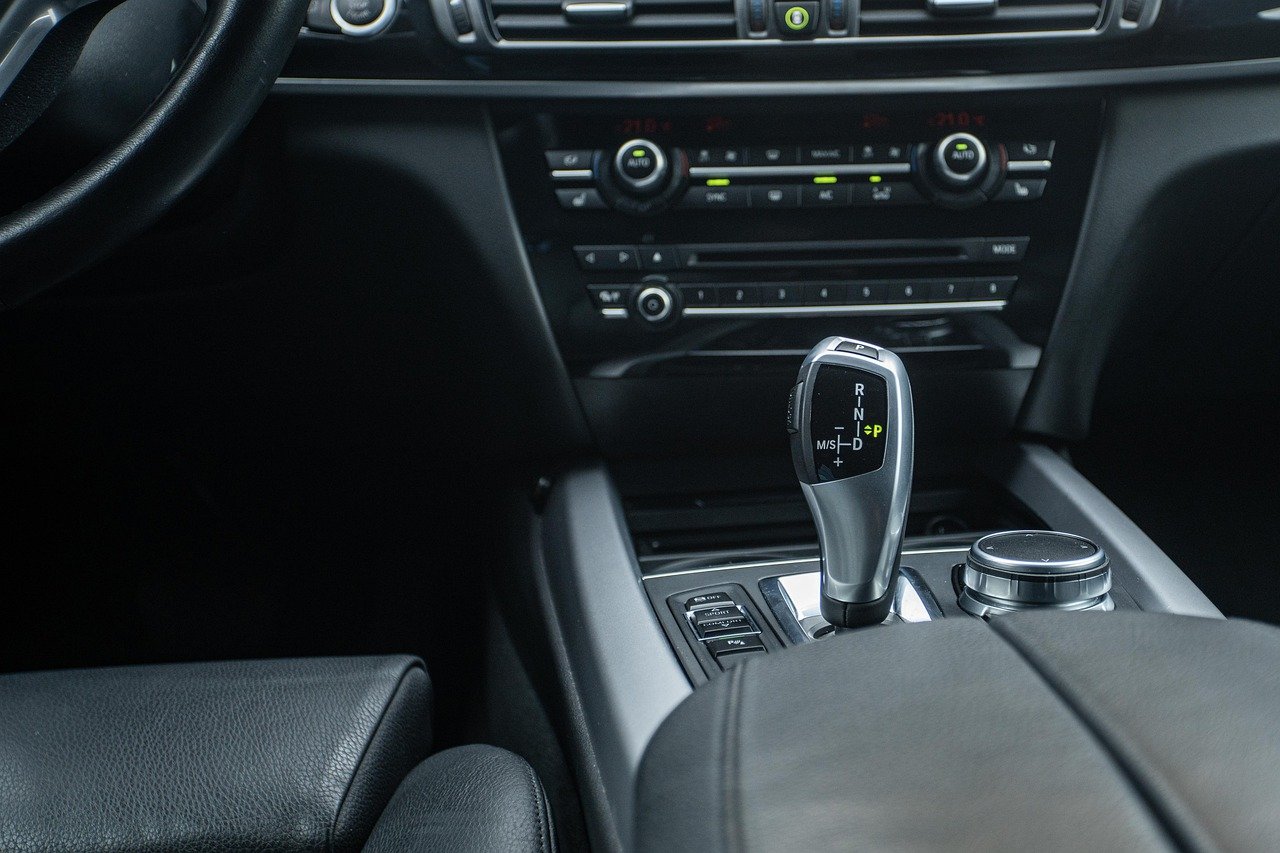As Europe starts out towards an electric future, Norway is already heading full sail on this journey. With almost 84% of new cars sold there in 2023 being electric or hybrid, the Scandinavian country is a really compelling model to take inspiration from.

The roots of Norway’s success
Norway’s success is rooted in the 1990s, when its government decided to bet on electric mobility with a clear strategic vision.
Targeted incentives, like exemptions from taxes and tolls, made buying electric vehicles a convenient and advantageous choice for its citizens. In parallel, the country has invested heavily in creating an extensive network of charging points, which is now the third largest in Europe. Ease of charging has helped remove one of the main fears of using electric vehicles: range anxiety.
Also, the fact that Norwegians have increased awareness of environmental themes played a key role. This sensitivity to the environment, rooted in the country’s culture, has pushed many to choose electric vehicles, which are seen as a more sustainable choice and in line with the country’s values.
Can this model be replicated throughout Europe?
Norway’s experience in the transition to widespread electric mobility can provide many lessons for the rest of Europe. The Scandinavian country has shown that it’s possible to make a significant and tangible change in the transport sector, provided that a complete and integrated approach is taken which goes beyond simply making available electric vehicles.
It’s important to recognise that every European country has its own unique set of circumstances, with specific challenges and opportunities. So, we can’t simply replicate the Norwegian model throughout Europe without first making adjustments.
Norway has abundant natural resources, such as hydroelectric energy, which has made the transition to electric vehicles easier in some ways. Other European countries may have to face different challenges, for example population density, urban planning and the availability of financial resources.
It’s also important to consider that policies and initiatives like tax incentives, investment in charging infrastructure and public awareness campaigns are affected by various political and economic circumstances.

Plenitude’s contribution
Through our subsidiary Be Charge, we at Plenitude are actively helping to lay the foundations for a future that is increasingly concentrated on electric mobility. With a network of over 20,000 charging points already installed and more than 290,000 available via the Be Charge app, we’re strongly promoting this method of transport throughout Europe.
Our commitment is part of a wider framework to transition to a more sustainable energy future. A future in which electric mobility plays a key role.








